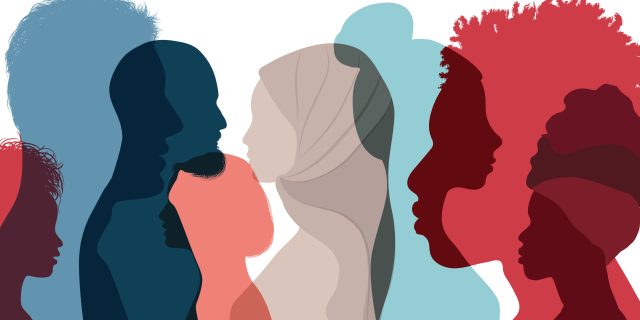Course Summary
The research on human sexuality provides clinicians with applicable knowledge of how relationships are structured during adulthood, the effect of this on sexuality, and the spectrum of relationship practices clinicians may encounter in the clinical relationship. Clinicians have their own histories of sexual development, identities, contact, beliefs, interest, and experiences and as such should think about the ways in which their ideas may influence interactions with patients across the spectrum of sexual development. Clinicians should take time to interrogate their biases, cultural contexts, and areas of inexperience when addressing human sexuality across the age spectrum. Commonly used vocabulary referencing experiences of early, middle, and late adulthood sexuality and relationships are presented, and effective therapeutic interventions are discussed.
Course Format
Homestudy
Course Syllabus
- Introduction
- Sexual Development in Childhood and Adolescence
- Terminology
- Birth Through the Onset of Puberty
- Puberty
- Culture and Sexual Development
- Gender Identity and Sexual Orientation
- Sexuality in Adulthood
- Early Adulthood
- Middle Adulthood
- Later Adulthood
- Relationship Contexts and Sexuality
- Monogamous Adult Relationships
- Pregnancy, Infertility, and Childrearing
- Infidelity
- Consensual Non-Monogamy
- Summary
Authors
Carly Sell, DNP, PMHNP-BC
Carly Sell, a Montana native, has worked as a psychiatric nurse for the past 14 years. Carly graduated in 2007 from Carroll College with her bachelor’s degree in nursing and from Montana State University in 2022 with her Doctor of Nursing Practice degree. Carly has always been passionate about improving overall mental health and wellbeing throughout the state of Montana through areas such as suicide prevention, mental health awareness education, and trauma-informed care. At home, Carly enjoys spending time with her husband, three amazing children, and a multitude of furry, feathered, and scaled friends. In addition, she loves hiking, attempting to garden, and supporting her family in their many sporting events and activities.
William Cook, PhD
William Cook, Ph.D. is a licensed psychologist who worked for 15 years in private practice in Montana before leaving his practice to work full time as the Director of CE4Less. He earned his doctorate degree from Texas A&M University, and focused much of his psychology practice in the area of child and family counseling, as well as psychological testing. Dr. Cook likes new challenges, foreign traveling to Africa and areas of Europe and the near East, scuba diving, running, music, and spending time with his family.


